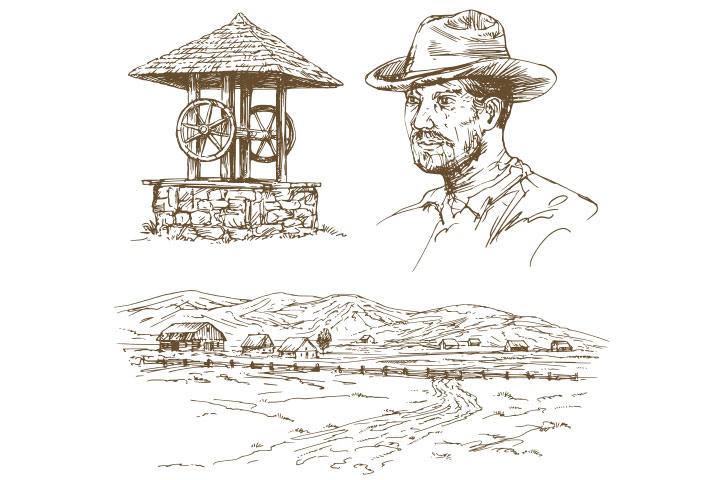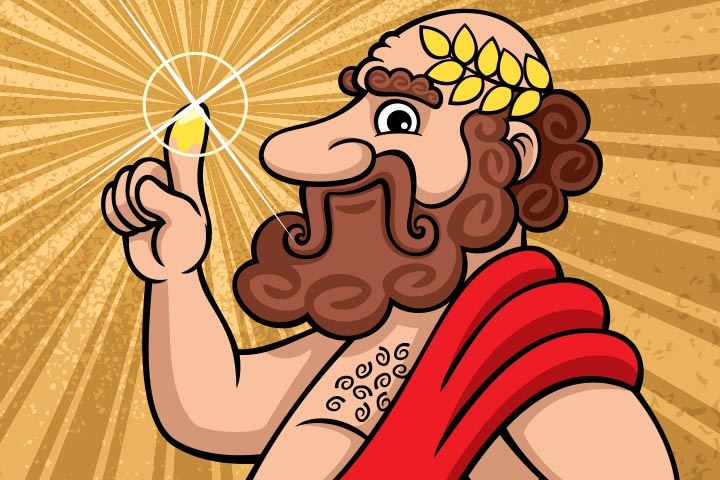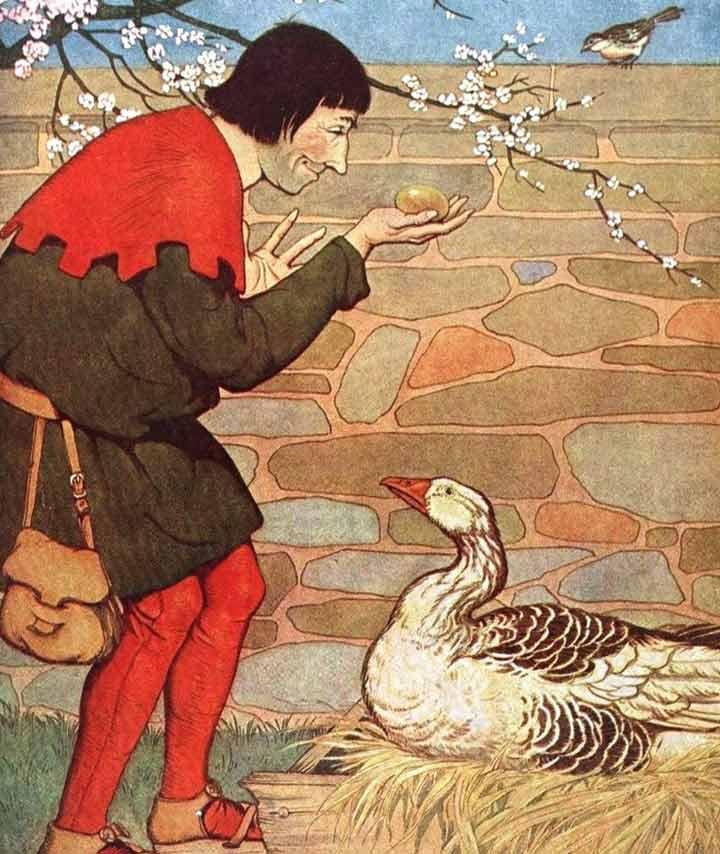Lesson 3 STORY
STORY- an account of imaginary or real people and events told for entertainment.
‘an adventure story’
‘I'm going to tell you a story’
When an idea is born for a script, at first it doesn’t matter what kind of story it is. A great idea is a great idea, right? But, defining the story type, understanding the underlying themes, and knowing where the story falls commercially (genres) clearly helps determine both structure and direction.
Dictionary definitions of what a story is just don’t cut it, i.e., “an account of incidents or events,” or “An account of imaginary or real people and events told for entertainment,” or…the part of a building comprising all the rooms that are on the same level.” Couldn’t resist the last definition since some screenwriting gurus like to compare the construction of a script to the building of a house.
When it comes to story types, genres and plot types, the number of different types ranges from 1 to whatever. A single plot archetype might be that all stories begin with conflict. Comedy and Tragedy might be all that’s needed for 2 types.
Types of Conflicts Include:
- Human vs. self
- Human vs. human
- Human vs. nature
- Human vs. environment
- Human vs. technology (machine)
- Human vs. supernatural
- Human vs. god
Usually there’s a human involved, but conflict can certainly be animal vs. animal, etc.
Types of Stories, Plots, Genres, and Themes?:
- Anecdote
- Apologue
- Bedtime Story
- Captivity
- Chivalric romance
- Creation myth
- Etiological myth
- Fable
- Factoid
- Fairy tale
- Farce
- Fish-Out-Of-Water
- Folklore
- Folkloristics
- Ghost story
- Joke
- Legend
- Myths
- Oral tradition
- Parable
- Political myth
- Popular belief
- Popular misconception
- Satire
- Short Story
- Tall tale
- Tales around the campfire
- Urban legend
Clearly there’s a fair amount of overlap in these lists. Genres are similar to story type, or more accurately, types of stories fall within certain genres:
- Action
- Adventure
- Animation
- Biography
- Comedy
- Coming of Age
- Courtroom
- Crime
- Epic
- Erotica
- Fantasy
- Film Noir
- Historical
- Horror
- Mystery
- Philosophical
- Political
- Religion
- Romance
- Saga
- Satire
- Science fiction
- Slice of Life
- Spy
- Supernatural
- Thriller
- Urban
- War
Well, there are actually hundreds of film and TV genres, criss-crossing fiction genres and maybe a few music genres as well. Obviously it would take a book to go into all the various types in detail, so I’ll focus on just a few less obscure ones.
Themes are equally numerous. The more common types of themes include:
- Redemption
- Resurrection
- Prodigal Son
- Transformation
- Vengeance
- Innocence
- Justice
- Sacrifice
- Jealousy
- Friendship
- Fate
And the biggest one of all: Love.
Below are some examples of story.
The Ugly Tree

Moral Lesson: Be happy and contented for what you have especially if it's about your physical appearance. The most important is the beauty within. The kindness and purity of the heart.
The Tree and the Travellers
Once, there was a huge tree with a broad trunk and innumerable branches right in the middle of a dry land. The tree gave rest and shelter to hundreds and thousands of travelers. Being located near four towns, and many villages, the tree was an ideal meeting point for travelers.
One day, two travelers reached the tree after a long time of walking. Their destination was one of the towns nearby. It was a hot and sunny day, and the travelers were very happy to take a rest under the tree. Exhausted, they slumped under the tree. They slept for a while, enjoying the cool shade and the soft breeze.
After a while, one of the travelers got hungry. They had no food with them. The hungry traveler looked up at the tree, to see if there was any fruit. Finding none, he began to curse the tree. “Oh, this is just a useless tree and it has nothing to feed us, not even a fruit or even nuts! It is of no use!”
The other traveler comforted him and asked him to stay cool. However, the hungry man continuing cursing the tree.
The tree, which could not tolerate the cursing words of the traveler, said in a sad yet strong voice, “You can’t be so ungrateful to me. Just think of your condition when you reached here in the hot and dry sun! I offered you a cool and comfortable place to rest and sleep with a soothing breeze. If I was not here, you would have died now! I saved your life from the hot sun, but you humiliate me!”
The traveler realized his mistake and apologized to the tree.

THE FARMER AND THE WELL
A farmer looking for a source of water for his farm bought a well from his neighbor. The neighbor was cunning, though, and refused to let the farmer take water from the well. On asking why, he replied, “I sold the well to you, not the water”, and walked away. The distraught farmer didn’t know what to do. So he went to Birbal, a clever man and one of the nine courtiers of Emperor Akbar, for a solution.
The emperor called the farmer and his neighbor and asked why the man was not letting the farmer draw water from the well. The cunning man said the same thing again, “I sold the well, not the water. So he cannot take my water”.
To this, Birbal replied, “All that sounds fine to me. But if you have sold the water and the water is yours, then you have no business keeping your water in his well. Remove the water or use it all up immediately. If not the water will belong to the owner of the well”.
Realizing that he’s been tricked and taught his lesson, the man apologized and left.
Moral: Cheating will not get you anything. If you do cheat, you’ll pay for it soon enough.

THE BOY WHO CRIED WOLF
Once upon a time, there lived a shepherd boy who was bored watching his flock of sheep on the hill. To amuse himself, he shouted, “Wolf! Wolf! The sheep are being chased by the wolf!” The villagers came running to help the boy and save the sheep. They found nothing and the boy just laughed looking at their angry faces.
“Don’t cry ‘wolf’ when there’s no wolf boy!”, they said angrily and left. The boy just laughed at them.
After a while, he got bored and cried ‘wolf!’ again, fooling the villagers a second time. The angry villagers warned the boy a second time and left. The boy continued watching the flock. After a while, he saw a real wolf and cried loudly, “Wolf! Please help! The wolf is chasing the sheep. Help!”
But this time, no one turned up to help. By evening, when the boy didn’t return home, the villagers wondered what happened to him and went up the hill. The boy sat on the hill weeping. “Why didn’t you come when I called out that there was a wolf?” he asked angrily. “The flock is scattered now”, he said.
An old villager approached him and said, “People won’t believe liars even when they tell the truth. We’ll look for your sheep tomorrow morning. Let’s go home now”.
Moral: Lying breaks trust. Nobody trusts a liar, even when he is telling the truth.

THE MIDAS TOUCH
In ancient Greek, there was a king named Midas. He had a lot of gold and everything he needed. He also had a beautiful daughter. Midas loved his gold very much, but he loved his daughter more than his riches.
One day, a satyr named Silenus got drunk and passed out in Midas’ rose garden. Believing that Satyrs always bring good luck, Midas lets Silenus rest in his palace until he is sober, against the wishes of his wife and daughter. Silenus is a friend of Dionysus, the god of wine and celebration. Upon learning Midas’ kindness towards his friend, Dionysus decides to reward the keg.
When asked to wish for something, Midas says “I wish everything I touch turns to gold”. Although Dionysus knew it was not a great idea, he granted Midas his wish.
Happy that his wish was granted, Midas went around touching random things in the garden and his palace and turned them all into gold. He touched an apple, and it turned into a shiny gold apple. His subjects were astonished but happy to see so much gold in the palace.
In his happiness, Midas went and hugged his daughter, and before he realized, he turned her into a lifeless, golden statue! Aghast, Midas ran back to the garden and called for Dionysus. He begged the god to take away his power and save his daughter. Dionysus gives Midas a solution to change everything back to how it was before the wish. Midas learned his lesson and lived the rest of his life contended with what he had.
Moral: Do not get greedy. Be happy and content with what you have.

THE GOLDEN EGG
Once upon a time, a farmer had a goose that laid a golden egg every day. The egg provided enough money for the farmer and his wife for their day-to-day needs. The farmer and his wife were happy for a long time. But one day, the farmer got an idea and thought, “Why should I take just one egg a day? Why can’t I take all of them at once and make a lot of money?”
The foolish farmer’s wife also agreed and decided to cut the goose’s stomach for the eggs. As soon as they killed the bird and opened the goose’s stomach, to find nothing but guts and blood. The farmer, realizing his foolish mistake, cries over the lost resource!
Moral: Think before you act.
The English idiom “kill not the goose that lays the golden egg” was also derived from this classic story.


Comments
Post a Comment